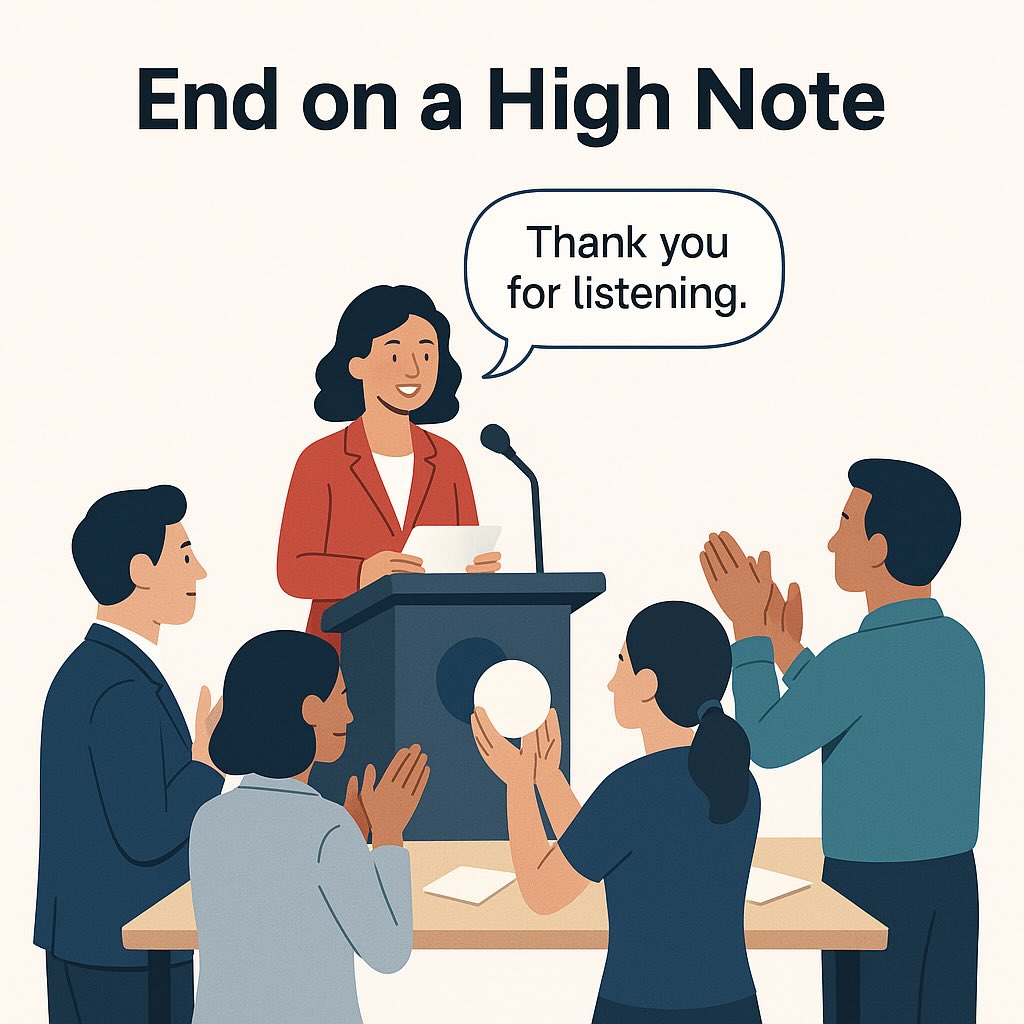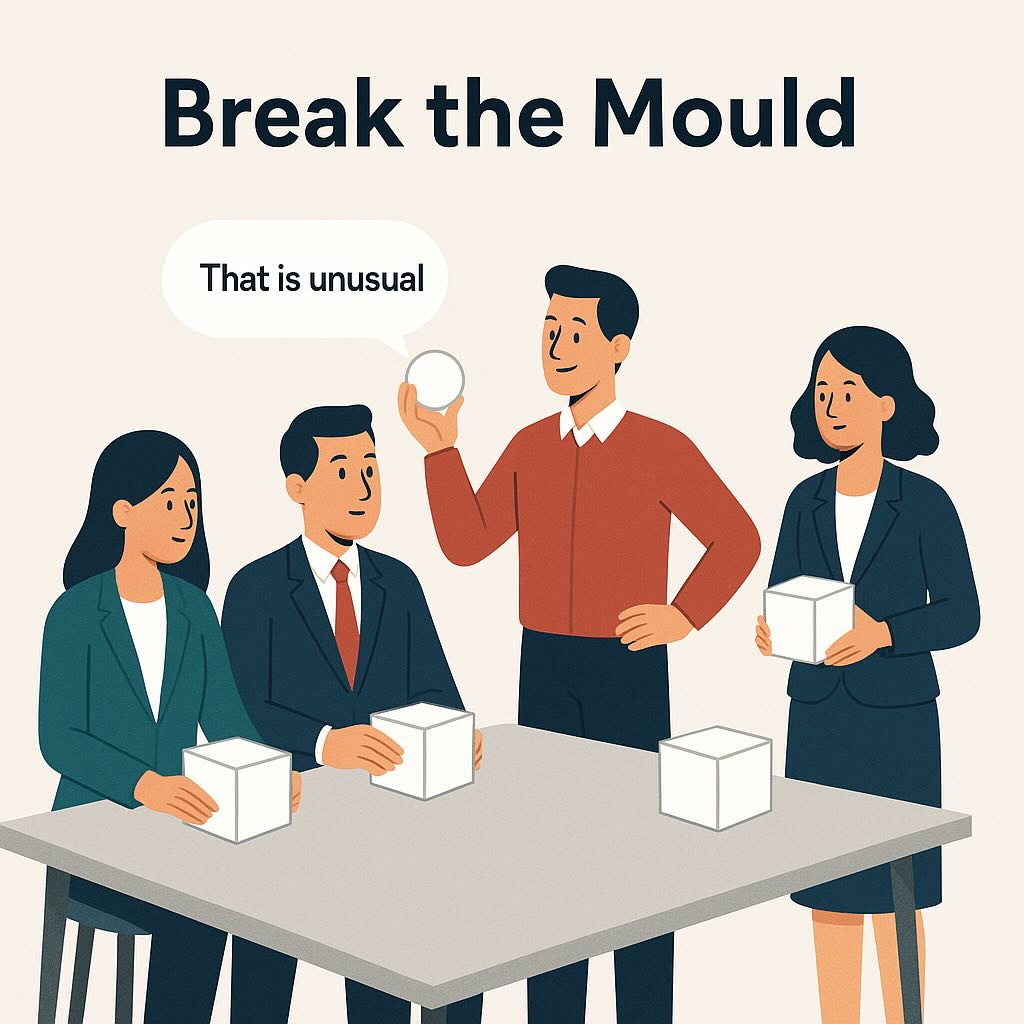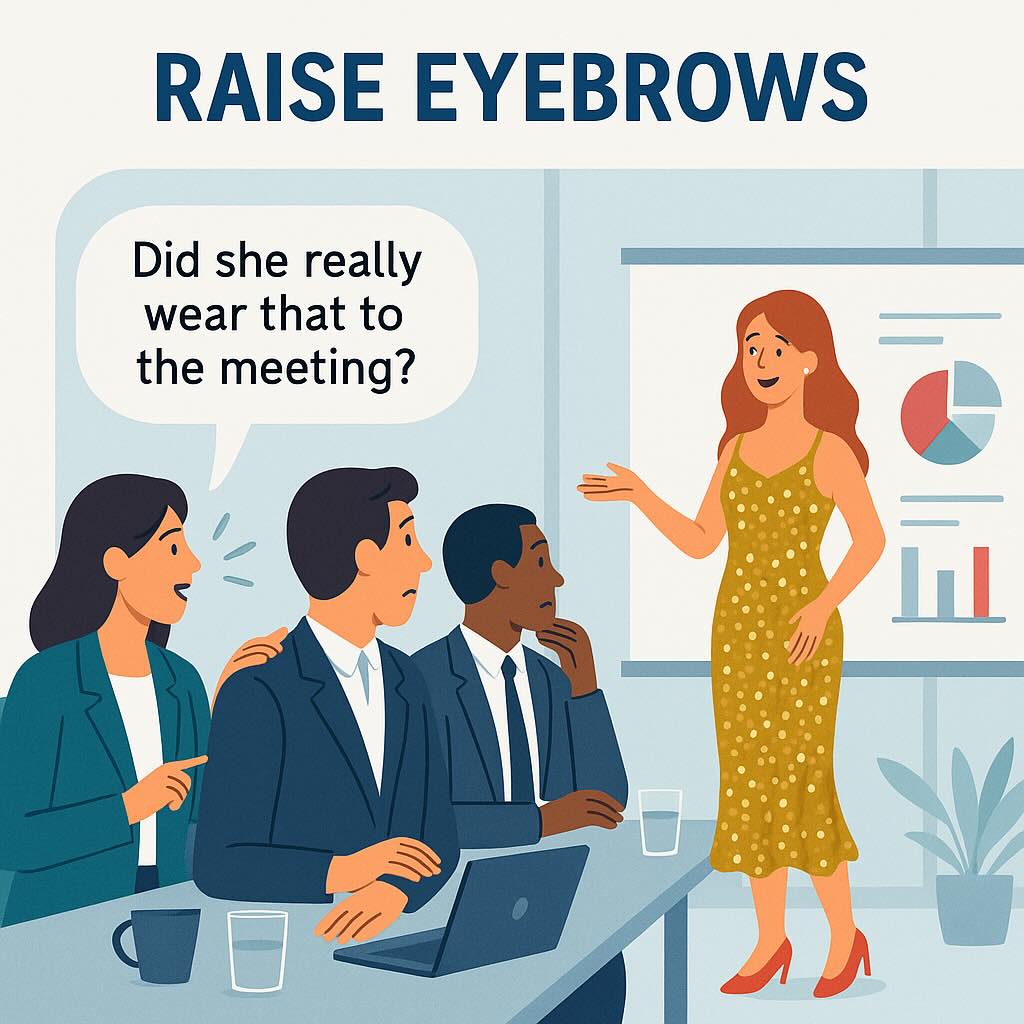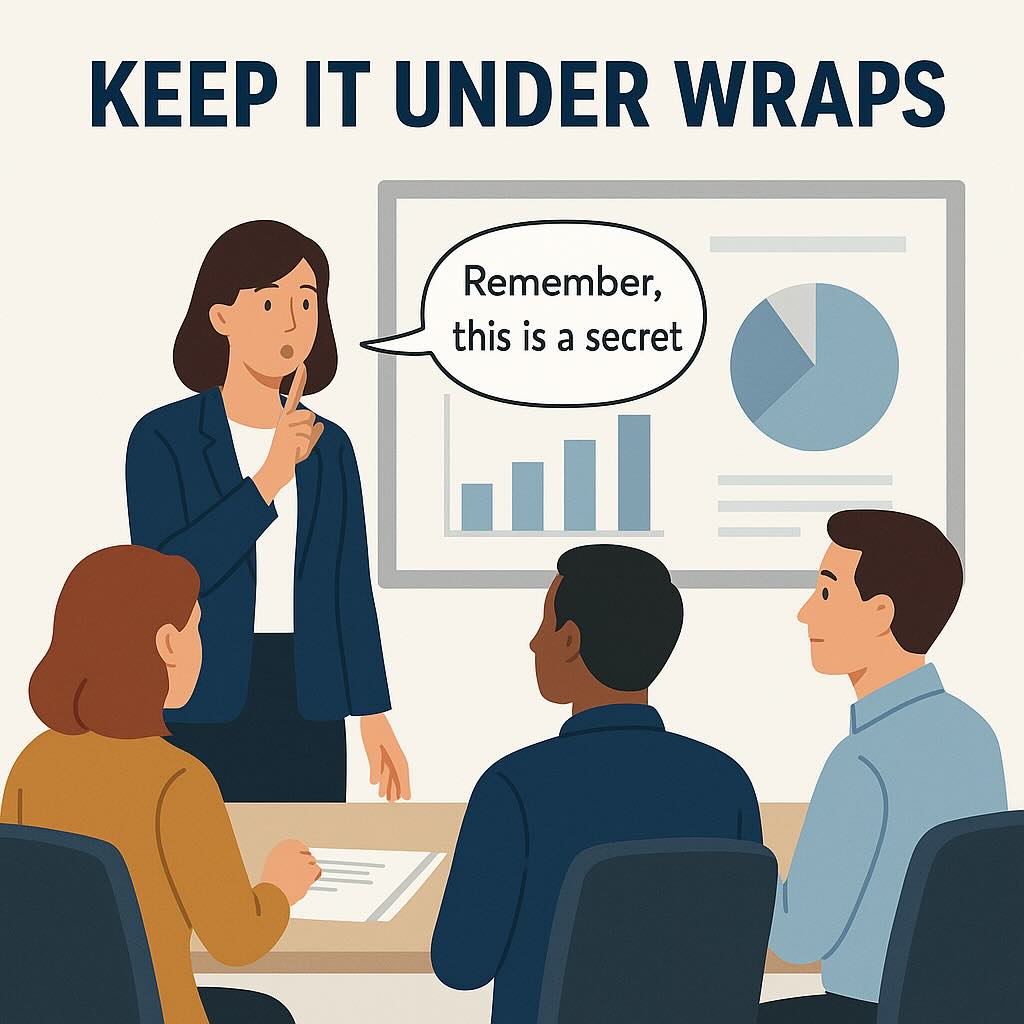
🗓️ Idiom: End on a High Note (verb phrase)
💬 Meaning
- To finish something in a very successful or positive way.
- To conclude with the best or most impressive part.
🧠 Example Sentences
- The conference ended on a high note with an inspiring speech from the keynote speaker.
- She ended her presentation on a high note by sharing a powerful success story.
- The team ended on a high note after winning the final project approval.
🏛️ Origin
The phrase comes from music, where a “high note” is often used to end a performance with energy and impact. By the mid-20th century, it began to be used figuratively in English to describe finishing any activity with a strong or positive ending.
📝 Practice Exercises
1. Fill in the blank:
“The speaker wanted to __________ by telling a funny and motivating story.”
Answer
end on a high note
2. Multiple choice:
What does the idiom “end on a high note” mean?
a) To finish something in a very successful or positive way
b) To stop doing something suddenly
c) To complete a task quietly and without notice
Answer
a) To finish something in a very successful or positive way
3. Change the sentence using “end on a high note”:
She finished her presentation with a strong and positive message.
Answer
She ended her presentation on a high note.
ℹ️ Other Useful Pages
📚 Learning Resources
👉 Main Idioms Page
👉 Idioms for Presentations and Speeches
👥 Support Spaces
👉 Student Space
👉 Tutor Toolkit
⭐️ Extras
📫 Get a Daily Idiom
🚀 Build a Business with AI









